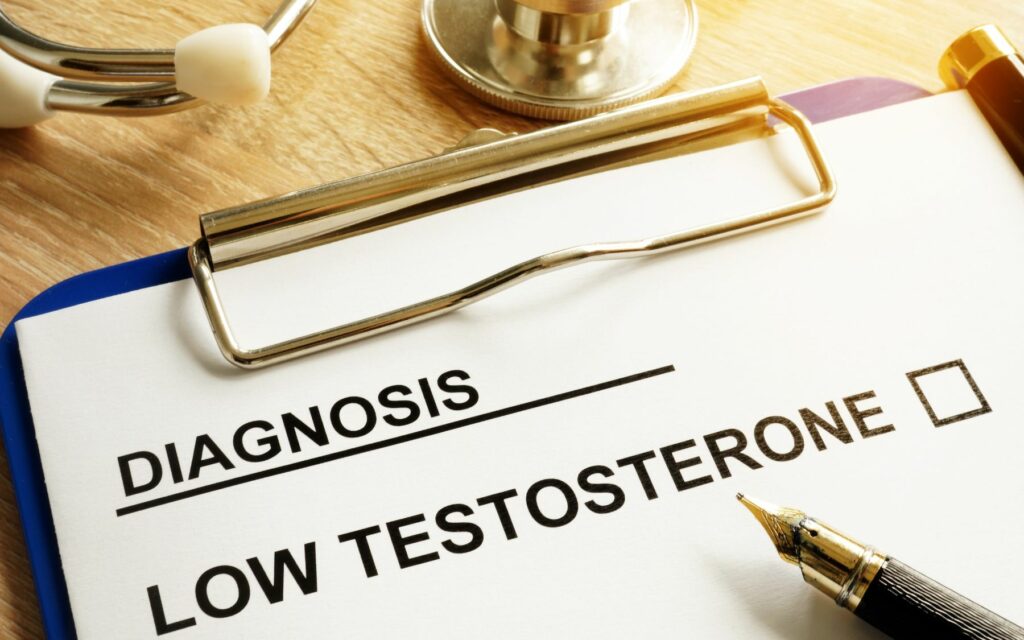
Ejaculation disorders are a common problem, affecting 30% to 40% of men. An estimated 1 in 3 men has faced premature ejaculation, while up to 4% of men experience delayed ejaculation.
The team at London Men’s Clinic specialise in all types of ejaculation disorders.
Premature ejaculation (PE) is when a person ejaculates sooner than he or his partner expects, during sexual intercourse. Although some might feel embarrassed talking about it or seeking help, PE is actually a relatively common and very treatable condition. It is estimated that almost 1 out of every 3 men will experience this problem in some time of their life.
As long as it does not happen persistently, it is not alarming. However, you might be diagnosed with PE if you:-
- Always or nearly always ejaculate within one minute of penetration
- Are unable to delay ejaculation during intercourse all or nearly all the time
- Experience emotional distress, and are frustrated from the outcome of the intercourse
Many factors come into play when talking about premature ejaculation – factors that can mainly be divided into psychological and biological factors. The good news is that there are many treatment methods for PE, such as medications, topical anaesthetics, counselling and behavioural techniques that dan delay ejaculation.
Symptoms of premature ejaculation
The hallmark of PE is the inability to delay ejaculation for more than one minute after penetration. However, the problem might occur in all sexual situations, even during masturbation.
PE can further be classified into:
- Lifelong (Primary) PE: Lifelong PE that has happened all the time and even since your first sexual encounter.
- Acquired (Secondary) PE: Acquired PE develops some time throughout your life and persisted.
Many people might feel that they have symptoms of premature ejaculation, however, the symptoms do not qualify or meet the diagnostic criteria for premature ejaculation. Instead, they might have natural variable premature ejaculation, which is a period of rapid ejaculation as well as period of normal ejaculation.
Delayed ejaculation
The two types of delayed ejaculations are Primary and Secondary delayed ejaculation.
Similarly to PE, primary delayed ejaculation happens to men who have always had difficulty ejaculating.
Secondary delayed ejaculation, on the other hand, happens to who have previously no issues with intercourse but have newly developed this. The causes to this can be divided into physical and psychological factors.
Physical factors include:
- Side effects from medications, in particular anti-depressants
- Alcohol and illegal drug use
- Nerve damage or mechanical pelvic injury
- Hormonal deficiencies such as low testosterone
Psychological factors include:
- Mood disorders
- Relationship problems
- Performance anxiety
- Existing culture or religious taboos regarding sexual intercourse
How do we treat delayed ejaculation?
This involves treating the underlying cause. This may involve changing masturbation habits, getting partner involved in sex therapy to evaluate sex beliefs and how threshold of stimulation can be reached, assessment of all medication taken whether prescribed or over the counter pills and perhaps also replacement of testosterone if deemed necessary.
If you find the situation with delayed ejaculation stressful, don’t keep it to yourself, don’t continue to engage in intercourse that distresses you, come in together with your partner so the issue can be identified and addressed early.
Retrograde ejaculation
This is when ejaculation occurs, but the semen goes backward (retrograde) into the bladder instead of coming out of the tip of the penis. The ejaculate typically comes out later with the urine. The classic sign of this condition is when very little or no fluid comes out of the penis during orgasm.
Retrograde ejaculation is most commonly seen in men with diabetes who suffer from diabetic nerve damage. In other cases, retrograde ejaculation may be a side effect of some medications, due to spinal cord injuries or happen after an operation on the bladder neck, prostate or surgery on lymph nodes in the abdomen.
A urine test soon after ejaculation can help diagnose retrograde ejaculation. If retrograde ejaculation is the concern, a large amount of sperm will be seen in the urine.
Stopping the contributing medications will regain your normal sexual function. However, it can be difficult to treat retrograde ejaculation, if it is caused by surgery or diabetes, but there are medications that may be successful.
There is typically no need to treat this type of ejaculatory disorder unless you are trying to conceive or do not like how it feels. For men who are trying to have a baby, semen can be collected from your post ejaculate urine and used for Assisted Reproductive Techniques (ART) such as In Vitro Fertilization (IVF).
To make an appointment with our team please give us a call or send us an enquiry. More information on this ejaculation disorders can be found on our dedicated page here.



